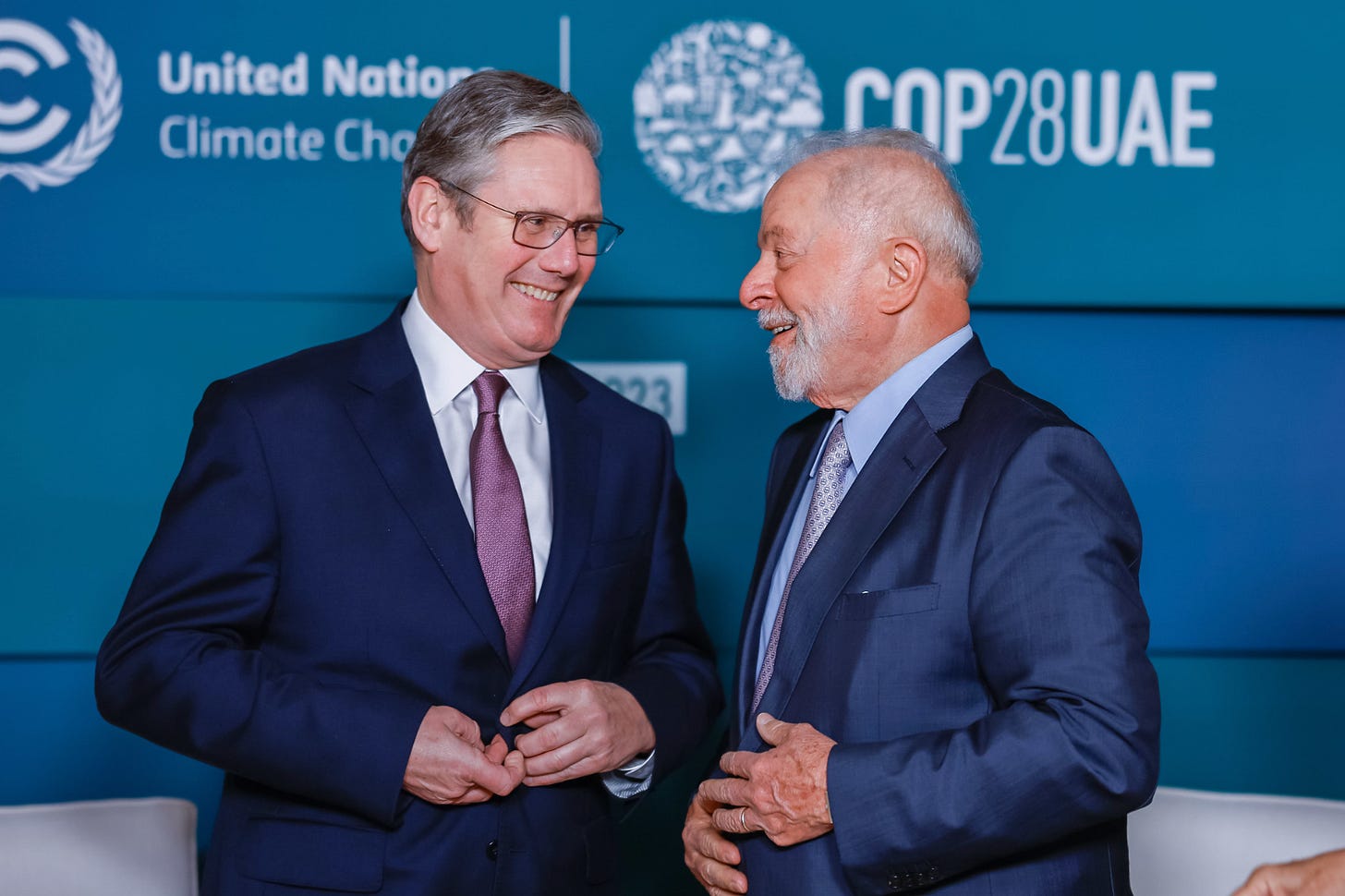Overconfidence in CCS setting us up for disappointment
After near-total failure 15 years ago, Carbon Capture and Storage (CCS) is once again being hailed as the climate saviour. However, recent research published in Nature reveals sobering insights.
After near-total failure 15 years ago, Carbon Capture and Storage (CCS) is once again being hailed as the climate saviour. However, recent research published in Nature reveals sobering insights—this technology, still in its infancy, is unlikely to scale in time to meet climate goals.
I remember talking to Vattenfall's then-CEO, Lars G. Josefsson, at their CMD in Amsterdam in September 2009. He was religiously convinced that the company's increased climate footprint through the purchase of Nuon could be counteracted by the company's CCS project. Back then, in 2009, they expected the first facility to be up and running at full capacity of some 1,000 MWe sometime between 2015 and 2020. I remember thinking it sounded too good to be true even then, and of course, it was. So is it different this time around?
Carbon capture and storage (CCS) is often presented as a key technology in the fight against climate change, hailed as a potential solution to slow the rise in global temperatures. But is this technology really the silver bullet it’s made out to be? Despite years of research and development, progress remains slow, and the ambitious targets set by global climate agreements seem increasingly out of reach.
In a recent analysis published in Nature Climate Change, researchers from Chalmers University and the University of Bergen sound the alarm: CCS, at its current pace, will not meet the demands of global climate targets. For investors and business leaders banking on the technology’s success, this raises important questions: Can carbon capture ever scale to the level needed, or is it just another overhyped climate solution that’s destined to disappoint?
Keep reading with a 7-day free trial
Subscribe to Emergers.io to keep reading this post and get 7 days of free access to the full post archives.





